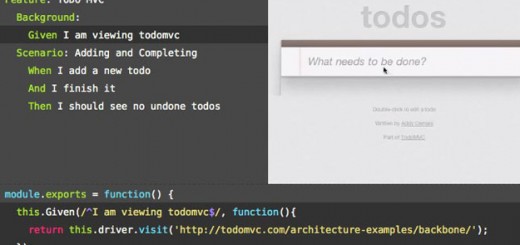Web applications are dynamic server-side software’s that run on browsers. They have calls-to-action that engage a user to exchange, store or retrieve any information. Webmail, IM, Google Maps, internet banking system are examples of web applications. These web applications act as an interface between the user and the service provider.
In some cases, the web app is the only way through which business owners can render their service to their customers. For example, Trello is a cloud-based project management web application that helps its users to track the different stages of a project. It is a top-rated web app used for supply chain management and software development.
Like running a website, for the web application to function right, a secure and resourceful environment is a necessity. It should be noted that resources of the server environment can have a direct impact on the performance of the web app.
Which is the best Web Hosting Plan for a Web app?
This decision will be guided by the nature and features of the web application that one is looking to host. For example, for all types of a dynamic web app like internet banking dashboard that requires continuous server-side processing will need a robust and secure hosting platform.
Conversely, web apps that are static may only need a basic hosting plan. A Contact Us form is an example of a very basic web app. These do not require any server-side request or processing to function optimally.
Depending upon the power of computing resources a web application will need, the web hosting plans are divided as under –
Shared Hosting
Developing a web app is a very intricate process and may demand advanced computing resources. On a shared plan, the developers of the app do not have root access. As a result, they cannot control the Port or obtain the IP address. Secondly, some web apps may require new plugins and updated versions of the software to function. Therefore, shared plans are not the best hosting platform for a Web application.
Dedicated Hosting
Native web apps built for the banking industry, Government agencies, E-commerce portals or hospital administration are both large and complex. There are security protocols to be followed at the same time the nature of the data is critical wherein a quick and high-power server environment is a necessity. The software infrastructure and hardware built of dedicated servers can be optimally tweaked to support high-performance website and web application. However, dedicated hosting is costly to manage and maintain. Not all business owners can afford or hire a professional administrator for the upkeep of the physical servers.
Virtual Private Servers
VPS or Virtual Private Servers is a very scalable platform that offers the ease of shared hosting and the robustness of dedicated servers. For business owners, who do not want to get troubled by the day to day maintenance of the server, should go for managed VPS plans.
The infrastructure of managed VPS is very supportive. All the security fixes and daily maintenance of the server is the responsibility of the service provider. Website owners have the freedom to host website and web application of any complexity or built on any technological stack.
For critical web applications like customer support, Chat Bots, dynamic query forms, a VPS hosting plan is the best choice.
Which Hosting Plan to Pick?
This decision will again depend upon the level of computing resources on needs to run the web application. The following factors need to be considered before picking up a hosting platform –
Web Traffic –
If a website is expected to receive high traffic, shared plan is soon going to outgrow the needs of the online business. Any site that receives visits more that the server environment can support will eventually crash. All the features of the website including the web applications may also not function properly.
As a next step, business owners can migrate to VPS hosting or dedicated hosting. The computing resources of both platforms are quite high. However, for mid-sized businesses, e-commerce portals, an educational platform offering online test series, etc., a VPS plan is an excellent choice.
Dependency of Web App –
Does the web app require constant software up gradation or largest plugins to function correctly?
If that is the case, a standard shared hosting plan will not be able to offer its support. Since hundreds of websites and web apps are hosted on a single server there is no control over the software environment of the server. A web app that requires a version of PHP, WordPress may not function at all.
On the other hand, the software infrastructure of VPS and the Dedicated server is entirely customizable. Business owners can upgrade the software versions, so that performance of the web app is not affected.
Criticality of the Web Application
Certain kinds of web apps, especially IM, chat bots are very critical for business. For example, IM apps that offer counseling session to victims of trauma or depression cannot afford a single minute of downtime. Every aspect of the web app should function optimally.
Given the critical nature of such a web app, service providers should be careful with the hosting choice.
Security & Data Integrity
Data integrity and security is essential for the web apps that carry classified information about a user. These details could be anything from credit card details, bank statement, personal information, medical health reports and so on. Therefore, the web app should be backed by a highly secure server environment.
Conclusion
Web applications are the most inexpensive and convenient way to establish communication with your clients and customers. However, the complexity and the features of the web app vary. For a resource intensive web app, a robust web hosting plan is integral.




